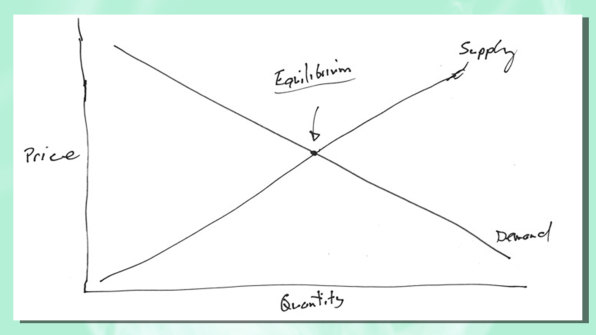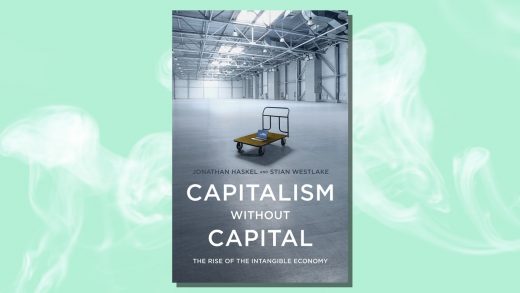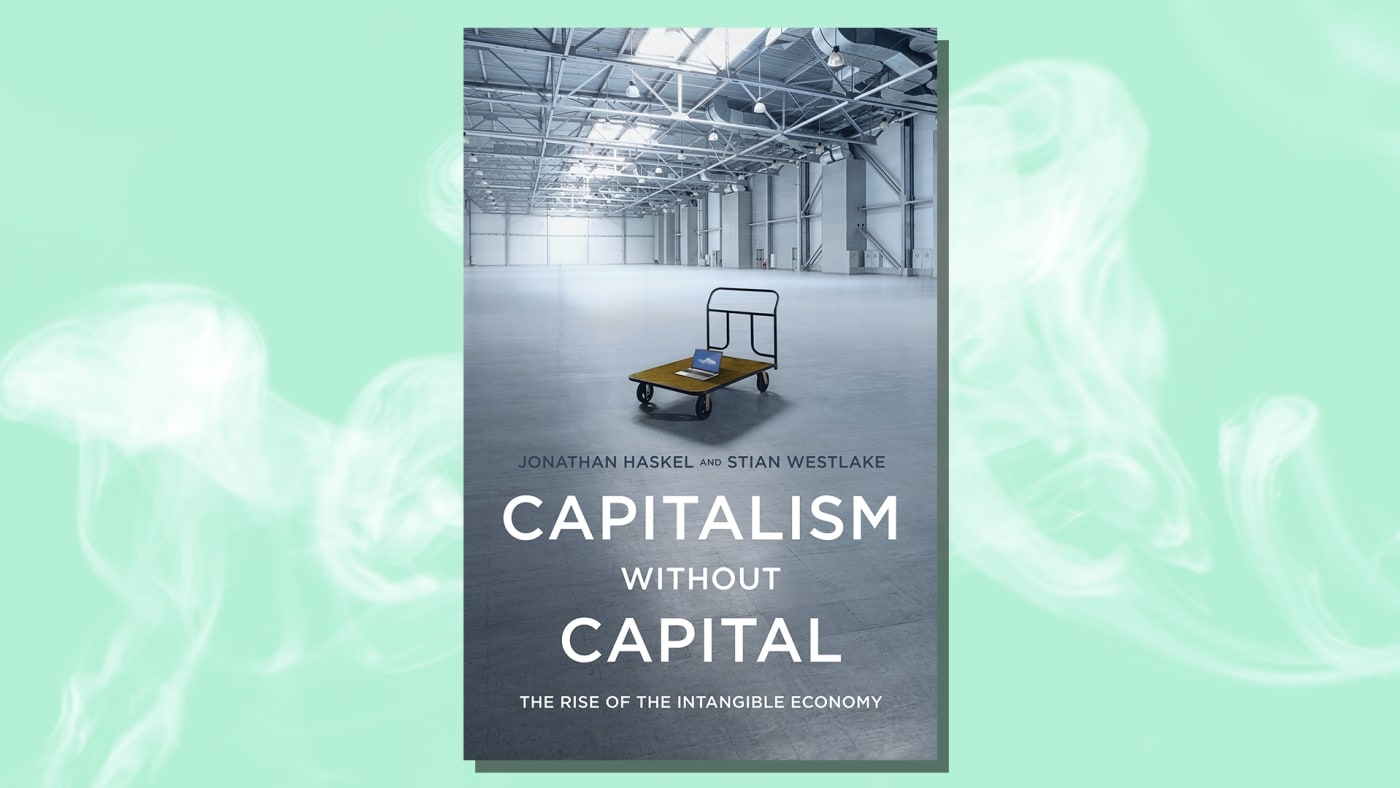Why Bill Gates Is Reading “Capitalism Without Capital”
Mid-2018 might seem like a strange time for Bill Gates to review a largely academic book that came out in late 2017. But as Gates writes on his GatesNotes blog about Capitalism Without Capital by Jonathan Haskel and Stian Westlake, the book covers “one of the biggest trends in the global economy that isn’t getting enough attention.”
The Microsoft founder and billionaire is talking about the rise of intangible assets: software (his company’s bread and butter) but also data, insurance, e-books, and movies. The idea is that intangible assets are created, distributed, and often valued differently than traditionally manufactured items. For instance, the assembly line (or lack thereof) for software is radically different than for cars.

As Gates puts it: “Products you can’t touch have a very different set of dynamics in terms of competition and risk and how you value the companies that make them.” He highlights the several ways that Haskel and Westlake have found that investment in such commodities differs from classic supply-and-demand rules. For instance, these types of bets include a lot of sunk cost without lots of equipment to sell off if things go belly up. There’s also a “spillover” effect to rivals when you succeed: Uber pioneered the ride-share market only to see its drivers split time with Lyft.
As the software versus cars example makes clear, intangible assets may take money and time to develop but can then scale quickly and cheaply (or be “replicated ad infinitum for next to nothing”). “None of these traits are inherently good or bad. They’re just different from the way manufactured goods work,” Gates adds.
As the national political environment is heavily focused on international trade deals and tariffs on physically manufactured objects like cars and jeans, Gates seems to be writing about the book now to try to refocus our economic thinking on this growing sector of the economy. In doing that, Gates joins a growing list of people who are advocating for us to adapt our thinking and policy when it comes to how we govern technology and technology companies.
Of course, while Gates certainly has expertise in the area, he also has some vested interests in the way these conversations turn out. But he ends with a series of open-ended questions, all of which are vital: “Are trademark and patent laws too strict or too generous? Does competition policy need to be updated? How, if at all, should taxation policies change? What is the best way to stimulate an economy in a world where capitalism happens without capital gains?”
(30)



